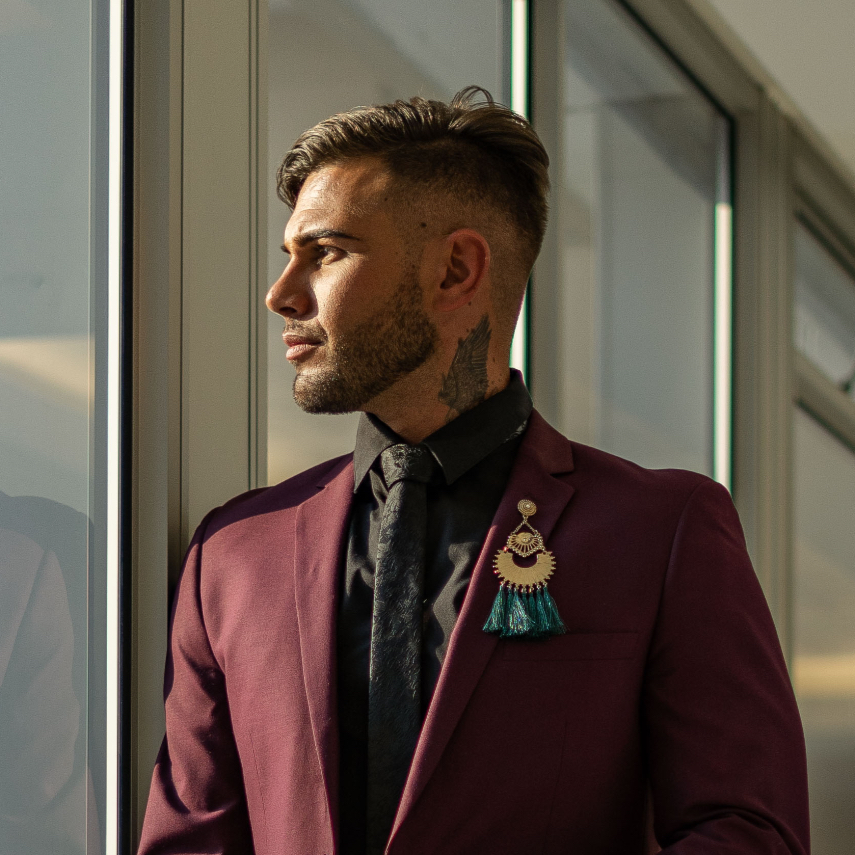How to Prepare (and Slay) Your Monologue
- Louw Breytenbach

- Oct 16, 2025
- 2 min read
Preparing a monologue can feel intimidating, but it’s also one of the most rewarding challenges for any performer. Knowing how to prepare a monologue is about more than memorizing lines — it’s about diving into a character’s world, understanding their emotions, and bringing their story to life with truth and presence.

With the right techniques, you can transform your monologue from words on a page into a captivating performance that leaves a lasting impression.
1. Become the Character Physically and Emotionally
You’re not just saying lines; you’re becoming someone else. Think about how your character moves through the world.
Are they all sharp angles and fast steps, or dreamy and fluid? Do they puff up with confidence or shrink into themselves? Your posture and gestures tell the audience everything they need to know before you even speak.
And yes, your physicality should shift with your thoughts. When the emotion changes, your body should too. Movement isn’t random; it’s storytelling.
2. Break Down the Beats
A great monologue isn’t one long emotional outburst, it’s a journey. Grab a pencil and mark every spot where your character’s thoughts change. Those are your “beats.”
Each beat is a new moment, a fresh turn in the story. Play with pace, tone, and emotion to make each shift exciting. Surprise your audience; make them lean in.
3. Know Who You’re Talking To
A monologue might be solo, but it’s never lonely. Figure out who your character is speaking to: A friend, an enemy, a lover, or maybe just themselves. Your audience becomes your scene partner. Are they your confidant, your target, or your witness? Knowing this changes everything about how you deliver your lines.
4. Give Yourself Time
You can’t rush brilliance. Learn your lines until they live in your bones. Rehearse with intention, experiment with choices, and allow yourself to play.
Every moment you spend exploring your character adds another layer to your performance. Remember: great acting is less about perfection and more about truth.
Final Thought on how to prepare a monologue
A monologue isn’t just talking, it’s storytelling in its purest form. It’s where your voice, your body, and your imagination collide. So, take a breath, own the stage, and show us the world through your character’s eyes.
The floor is yours, make it unforgettable. (Oh and go easy on the props, they should never distract from the story and their use should be motivated!)



Comments